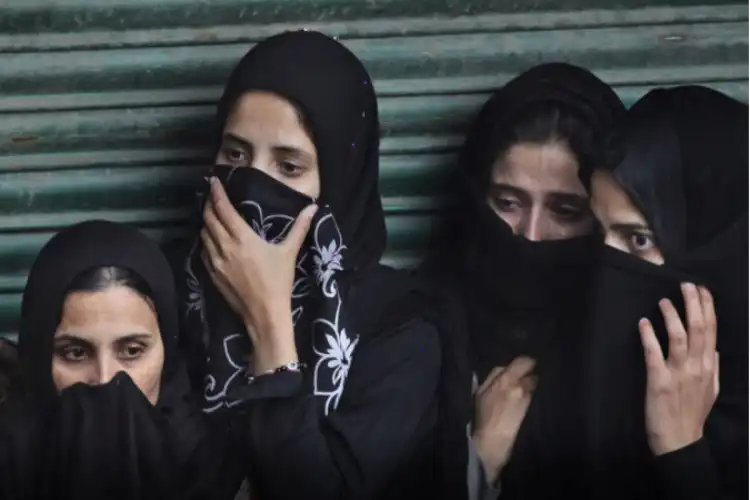
Eman Sakina
Hazrat Ali said, “Woman is a delicate creature with strong emotions who has been created by the Almighty to shoulder the responsibility of educating society and moving toward perfection. God created woman as a symbol of His beauty and to give solace to her partner and her family.”
Oppressed, inferior, and unequal – for many people, these are the first words that come to mind when thinking about women in Islam. These stereotypes confuse Islam with cultural practices and fail to recognize that Islam has empowered women with the most progressive rights since the 7th century. In Islam, women are not inferior or unequal to men.
At a time when female children were buried alive in Arabia and women were considered transferable property, Islam honoured women by elevating them and protecting them with unprecedented rights. Islam gave women the right to education, to marry someone of their choice, to retain their identity after marriage, to divorce, to work, to own and sell property, to seek protection by the law, to vote, and to participate in civic and political engagement.
Islam abolished the practice of killing female children and raised the stature of women in society to one of dignity, esteem, and privilege. Allah devotes an entire chapter of the Quran, the holy book of Islam, to women. In addition, Allah directly addresses women repeatedly throughout the Quran. Islam proclaims that all human beings, men and women, are born in a pure state.
While Islam establishes that men and women are equal, it does recognize that they are not identical. God created men and women with unique physiological and psychological attributes. In Islam, these differences are embraced as vital components to a healthy family and community structure with each contributing their distinctive talents to society. Hence, God’s rules apply to both genders, but in diverse ways. For example, God commanded women to cover certain parts of their bodies, including their hair, to preserve their modesty. Men are also required to cover parts of their body out of modesty, but not in the same way as women. Therefore, God commanded both men and women to be modest.
Most of the negative stereotypes about women in Islam didn’t arise from Islamic guidance but from historical and cultural practices, which not only denigrate the experiences and the rights of women but also stand in opposition to the teaching of God (Allah) and His Prophet Muhammad.
Far from the misconceptions, the Prophet Muhammad preached boldly on the big role of the woman, celebrating her importance and unique contribution to both family and society, campaigning for women’s rights, and condemning her ill-treatment.
Women have been portrayed positively in the Quran as well as in the Hadith. The Qur’an frequently refers to women alongside men, and both are described as being friends and partners in the faith.
“The believing men and believing women are allies of one another”.
“Women have rights similar to those of men equitably.”
“I do not allow the labour of any worker from among you, male or female, to go to waste. You are similar to one another”
Pregnancy is a very complex and difficult period in a woman’s life. Islam, being a Deen (religion) of justice, can never neglect the reward of a mother.“Every time a woman becomes pregnant, during the whole period of pregnancy she has the status of one who fasts, one who worships during the night, and one who fights for Allah with her life and possessions. And when she is giving birth, Allah grants her so much reward that nobody knows its limit because of its greatness.”
Everyone must show love and respect to mothers.
The Prophet said: “Paradise is under the feet of the mother.”
In conclusion, Islam has an extensive tradition of protecting the civil liberties of women based on the guidelines set forth by God and His Prophet. Women are empowered with many rights and protections under Islamic law and are honoured with a dignified stature in society. The day when all rights granted to women in Islam will be granted by the world, that day will be perfect to be called "International Women’s Day”.
